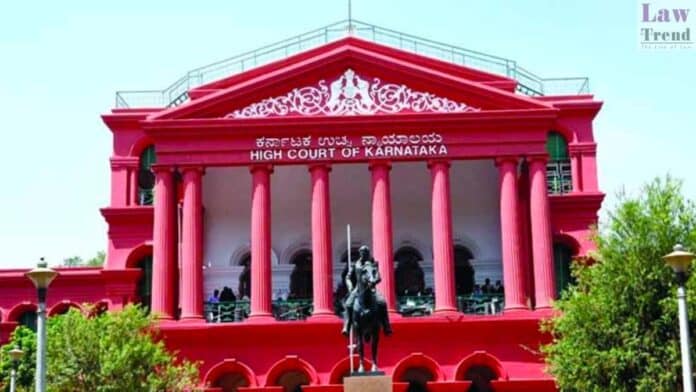The Karnataka High Court has reserved its decision on a petition challenging the Enforcement Directorate’s (ED) summons issued to Karnataka Chief Minister Siddaramaiah’s wife, Parvathi B M, and Urban Development Minister Byrathi Suresh, in the Mysore Urban Development Authority (MUDA) land allotment scam.
During the hearing on Thursday, Parvathi’s counsel, Senior Advocate Sandesh J Chouta, argued that she had already returned the sites in question and had not benefited from any illegal proceeds. Chouta referenced the Vijay Madanlal Choudhary vs Union of India case, noting that for an offence to be established under the Prevention of Money Laundering Act (PMLA), there must be a proven scheduled offence, generation of proceeds of crime, and the accused’s involvement in using or handling those proceeds. He stated that since Parvathi returned the disputed properties on October 1, 2024, she neither retained nor gained from them financially.
Chouta also questioned the ED’s jurisdiction, suggesting that the agency was overreaching by investigating the predicate offence, which is typically handled by anti-corruption authorities. He accused the ED of trying to extend its investigation beyond the 14 sites initially implicated, thus broadening the scope of the case unjustifiably.
In defense, Additional Solicitor General Arvind Kamath, representing the ED, argued that the case involved more than just a few isolated transactions and indicated broader systemic violations in the allotment of MUDA sites. Kamath described a pattern where sites were frequently allotted to relatives of politicians and officials, often flouting regulations. He pointed to the rapid approval of Parvathi’s request to surrender her site as suspicious and indicative of potential misconduct.
Kamath countered the defense’s claim that money laundering charges require the accused to “enjoy” the property, stating that returning an asset does not negate the possibility of previous money laundering. He emphasized that the ED has the authority to conduct an independent investigation regardless of the closure of the initial corruption investigation by the Lokayukta.
The court considered whether the ED’s investigation genuinely pertained to money laundering or if it was an undue extension of the initial corruption probe. The High Court noted the absence of direct evidence that the site allotments involved any purchase, sale, or generation of criminal proceeds.
With the High Court’s verdict pending, the matter is set to revisit the court on February 24. Meanwhile, Chief Minister Siddaramaiah, his wife, his brother-in-law B M Mallikarjun Swamy, and another individual, Devaraju, remain under scrutiny following the FIR lodged by Lokayukta police in Mysuru based on an RTI activist’s complaint. This FIR led to the subsequent ECIR filed by the ED, escalating the legal battle surrounding the controversial land allotments.




